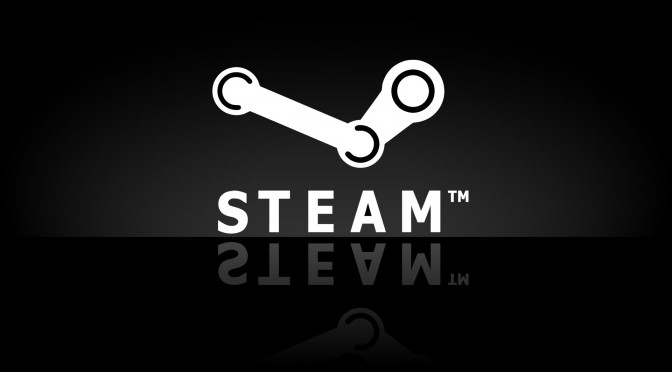At GDC 2019, Valve announced that Steam’s library will get re-designed. Moreover, Valve aims to add advanced tag searches, as well as a new Steam Events page.
Some of the key features for the re-designed library are listed below.
- The friends list is now integrated into a right-hand column
- The top module shows recent games you’ve been playing with a library view reminiscent of Plex or the Apple TV
- The rest of your collection is shown with nice vertical thumbnails that can be scaled to show larger icons or more games
- The left-hand games list has a new look but is fairly similar to the existing design
Valve’s Alden Kroll said:
“The biggest thing we’re introducing is the Steam library homepage. This provides an opportunity for players to see ‘what else is happening in the games that I play?'”
On the other hand, Steam’s Events page will round up what’s happening in the games you follow and have in your library, organizing occasions like game updates, streams, tournaments, and so on.
Kroll added:
“We think of this as the way developers will be able to communicate with players through Steam. We want to build the foundation for a communication platform where all the interesting things that are happening in games can find their way to the customers. And the customers that are interested in finding out ‘what’s happening in games in my library, what kind of events are happening, what’s been updated recently, what are my friends doing,’ making all that much easier for players to be able to find.”
Thanks PCGamer

John is the founder and Editor in Chief at DSOGaming. He is a PC gaming fan and highly supports the modding and indie communities. Before creating DSOGaming, John worked on numerous gaming websites. While he is a die-hard PC gamer, his gaming roots can be found on consoles. John loved – and still does – the 16-bit consoles, and considers SNES to be one of the best consoles. Still, the PC platform won him over consoles. That was mainly due to 3DFX and its iconic dedicated 3D accelerator graphics card, Voodoo 2. John has also written a higher degree thesis on the “The Evolution of PC graphics cards.”
Contact: Email

